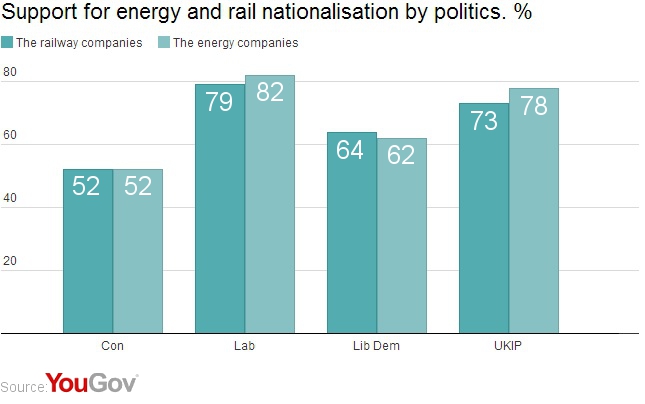If Jeremy Corbyn
becomes leader of the UK Labour Party, one positive consequence will be the ensuing discussion of the monetary policy transmission mechanism.
It all started with his presentation on “
The Economy in 2020” given on July 22:
The ‘rebalancing’ I have talked about here today means rebalancing away from finance towards the high-growth, sustainable sectors of the future. How do we do this? One option would be for the Bank of England to be given a new mandate to upgrade our economy to invest in new large scale housing, energy, transport and digital projects: Quantitative easing for people instead of banks. Richard Murphy has been one of many economists making that case.
That passage seems to have been mostly ignored until August 3, when Chris Leslie, Labour’s shadow chancellor,
attacked the policy, which in turn led to
a detailed response from the aforementioned Richard Murphy (see also
here and
here), at which point what seems like the bulk of the British economics commentariat erupted. Just search the internet for “Corbynomics” if you don’t believe us.
Much of the commentary has been negative — former Bank of England economist Tony Yates
concluded, for example, that “People’s QE” would be “the first step along the road to undermining the social usefulness of money” — although Chris Dillow gave an
intelligent defense.
We don’t understand the negativity. Some of the specific arguments justifying the proposal may be flawed, but the core idea is sound and possesses an impressive intellectual pedigree. In fact, it could help solve one of the most troublesome questions in central banking: how policymakers can accomplish their objectives using the tools at their disposal, without producing too many unpleasant side effects.



 tell us how you really feel!
tell us how you really feel! 